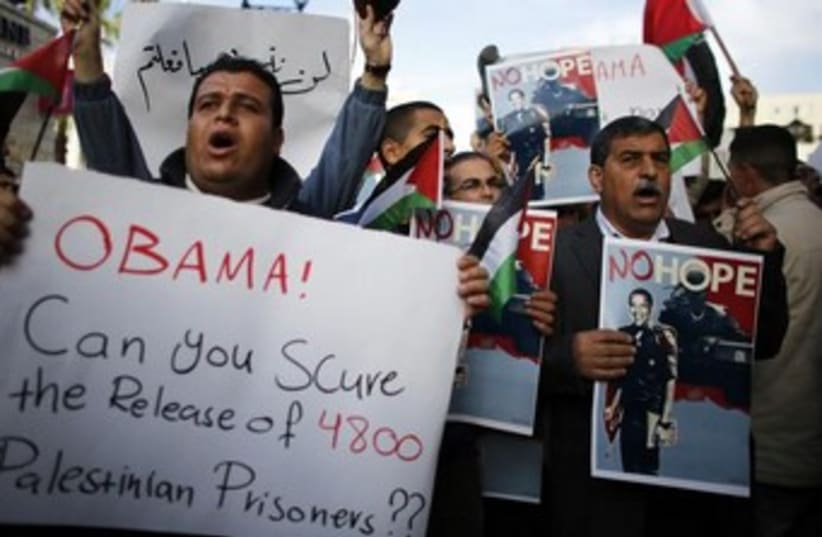Pressuring the PA
Despite their internal challenges, Obama can still prevail upon the Palestinians to stop the vicious incitement against Israel, stop refusing to negotiate peace with Israel, hold free and fair elections and stop threatening the US administration when it offers to help Palestinians achieve stable political independence.
